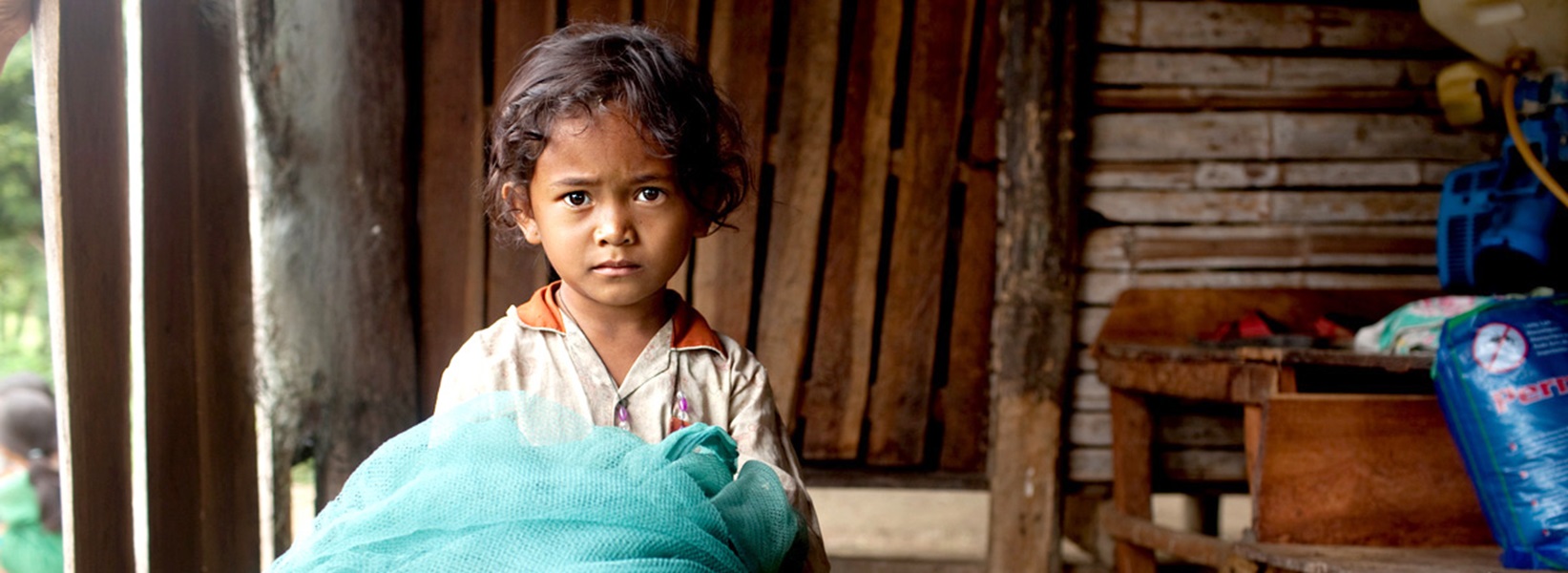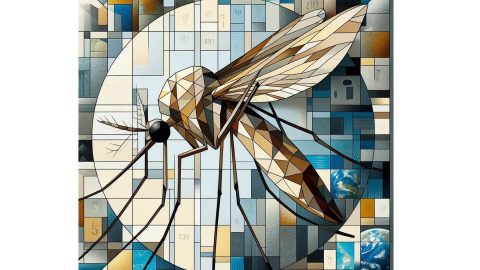Overview
Vector control rapidly reduces malaria transmission and is crucial for elimination. However, global progress has stalled, and a "business as usual" approach will only push countries further off track. Climate change, insecticide resistance, funding gaps, and limited monitoring resources threaten progress.
Innovation and new tools are urgently needed to enhance cost-effective and sustainable vector control. The Vector Control Working Group (VCWG) drives research, operationalizes vector control priorities, and fosters collaboration across national programs, academia, and the private sector. By engaging Regional Networks, VCWG ensures local needs shape global strategies.
In a resource-limited environment, knowledge sharing is critical. VCWG’s diverse membership enables rich dialogue, strengthening core interventions (Insecticide-treated bed nets, Indoor Residual Spraying), expanding the vector control toolbox, and advancing the WHO Global Vector Control Response. It provides a platform for stakeholders to align on challenges, gaps, and opportunities in vector control.
Read more
Work Streams
- Work stream 1: Enhancing Impact of Core Interventions
- Work stream 2: Expanding the Vector Control Toolbox
- Work Stream 3: Implementing the Global Vector Control Response
Upcoming Events
Past Events
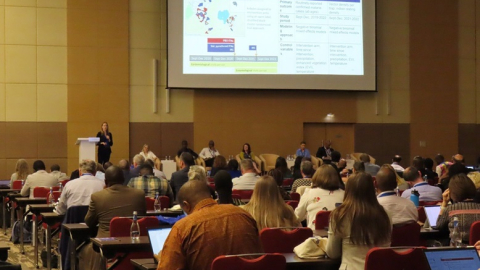
-
20th Annual Meeting Vector Control Working Group
The annual meeting offers a platform for the malaria vector control community to share the latest best practices and research relevant to current and future malaria vector control operations.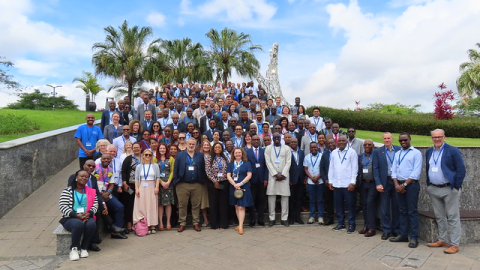
-
19th Annual Meeting Vector Control Working Group
The annual meeting provided a platform for the malaria vector control community to share best practices and research relevant to current and future operations.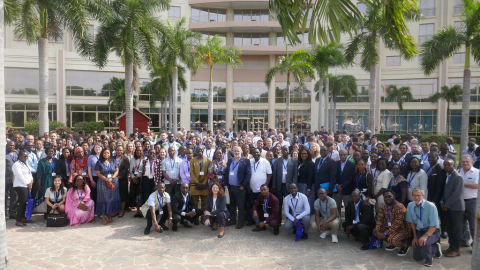
-
18th Annual Meeting Vector Control Working Group
The 18th annual RBM VCWG meeting provided a platform for the malaria vector control community to exchange best practices and research on current and future operations.
-
17th annual meeting of the Vector Control Working Group
On March 3, 2022, the RBM Vector Control Working Group (VCWG) kicked off its 17th Annual Meeting with an engaging online session.
16th Annual Meeting Vector Control Working Group
The 16th Annual Meeting of the RBM Vector Control Working Group (VCWG) convened virtually, bringing together 411 participants from 54 countries across all WHO regions.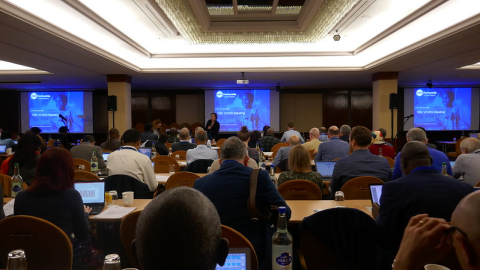
-
15th Annual Meeting Vector Control Working Group
The 2020 Vector Control Working Group annual meeting had the largest participation to date!The RBM VCWG 15th annual meeting was another exciting gatheriCo-chairs:
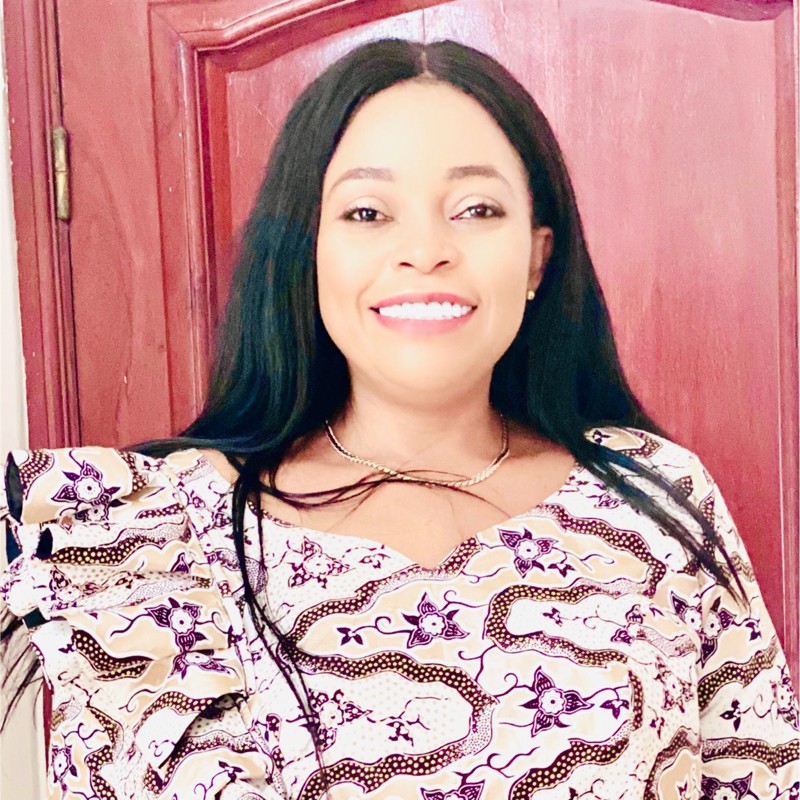 | 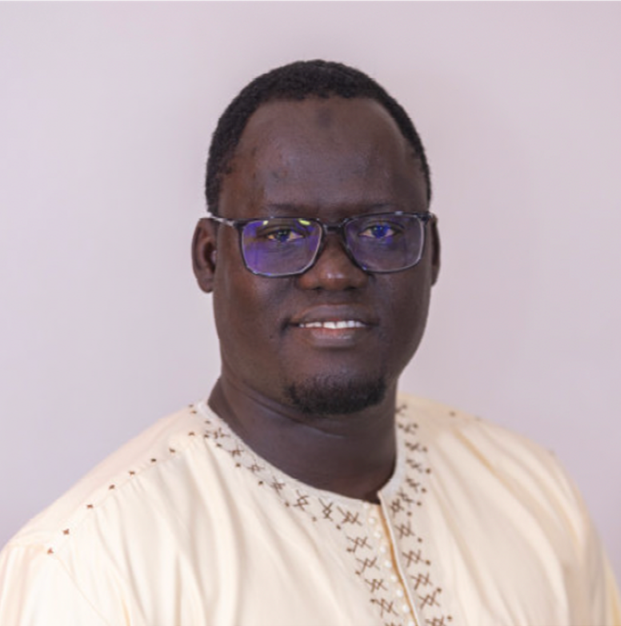 |
London School of Hygiene and | Cheike Anta Diop University, Senegal |
Coordinator
 | |
Swiss TPH, Switzerland |
|
